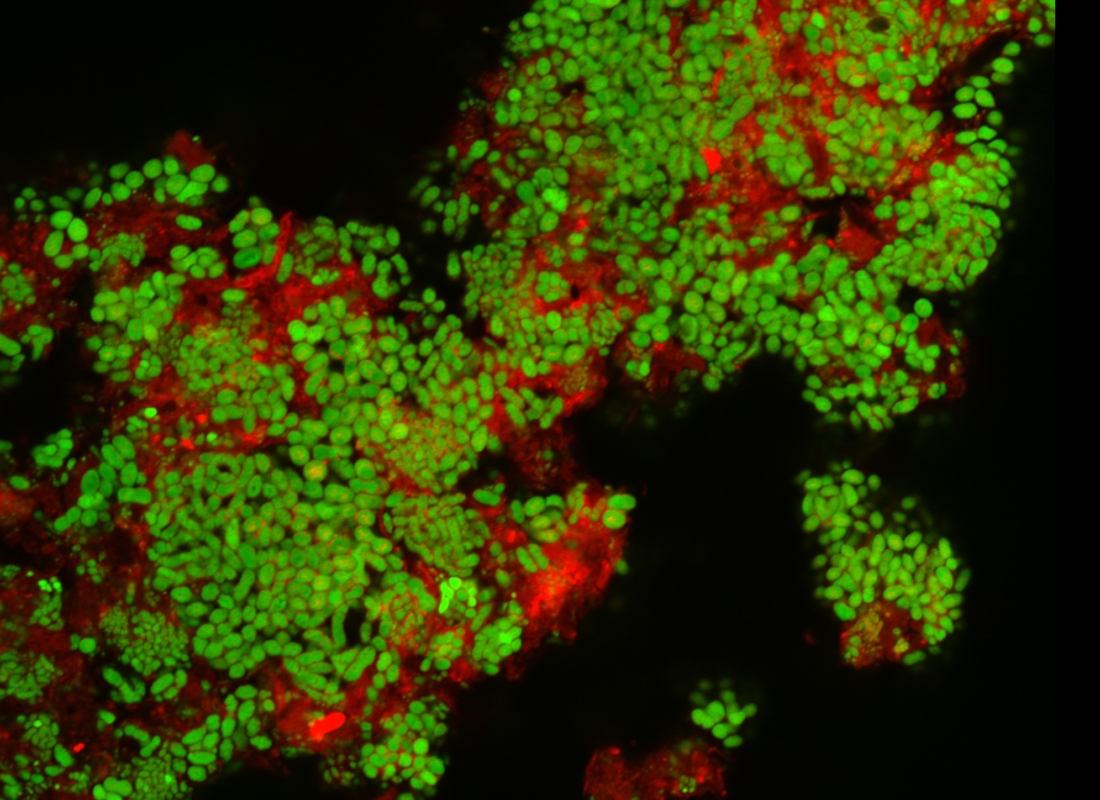Type of project: MSc thesis
Starting date: 01-03-2025 (later is also possible)
Duration: 6-9 months
Location: Wetsus, European centre of excellence for sustainable water technology, in Leeuwarden, the Netherlands
Allowance: There are a few possibilities for allowances:
– The allowance for students is €200. The student can apply for ‘Wetsus Grant’ allowance (€200 extra; an internal committee decides if the allowance will be granted).
– Students can apply for Erasmus; (if the Erasmus grant is less than €400, the student can apply for the Wetsus Grant).
– Erasmus
*The Wetsus Grant allowance is not guaranteed and must be approved by the Grant Committee.
Background
Recovering resources from waste streams offers a sustainable way to produce renewable products while reducing reliance on fossil-based production. Microbial biopolymer production using organic waste streams is a growing area of research. Excess waste activated sludge (WAS), a by-product of biological wastewater treatment plants, contains microbial populations capable of accumulating polyhydroxyalkanoates (PHAs). These biodegradable polyesters have thermoplastic properties similar to conventional plastics. By optimizing bioprocesses, WAS can be directed to selectively grow PHA-producing bacteria and accumulate PHAs, making it a valuable resource for biopolymer production.
PHA accumulation potential varies among WAS from different wastewater treatment plants, even under controlled conditions. These differences may stem from inherent microbial community structures or their adaptability to operational conditions. Microbial communities shaped by deterministic processes may resist changes, while those formed stochastically are more responsive. Understanding these dynamics can help optimize PHA production by destabilizing microbial communities where necessary.
This MSc project will quantify the stochastic and deterministic microbial community assembly processes in PHA-accumulating WAS sourced from various treatment plants. Experiments will use controlled lab-scale bioreactors, microbial ecological theory, and statistical models in R to test the hypothesis and advance understanding of PHA bioprocess optimization.

Your responsibilities
Our requirements
Your benefit

Contact
Supervisory team: Pieter van Veelen, Yizhou Xing, Joana Falcao Salles & Alan Werker
For more information, please contact Pieter van Veelen (pieter.vanveelen@wetsus.nl) or apply directly by sending your C.V. and a motivation letter by email.